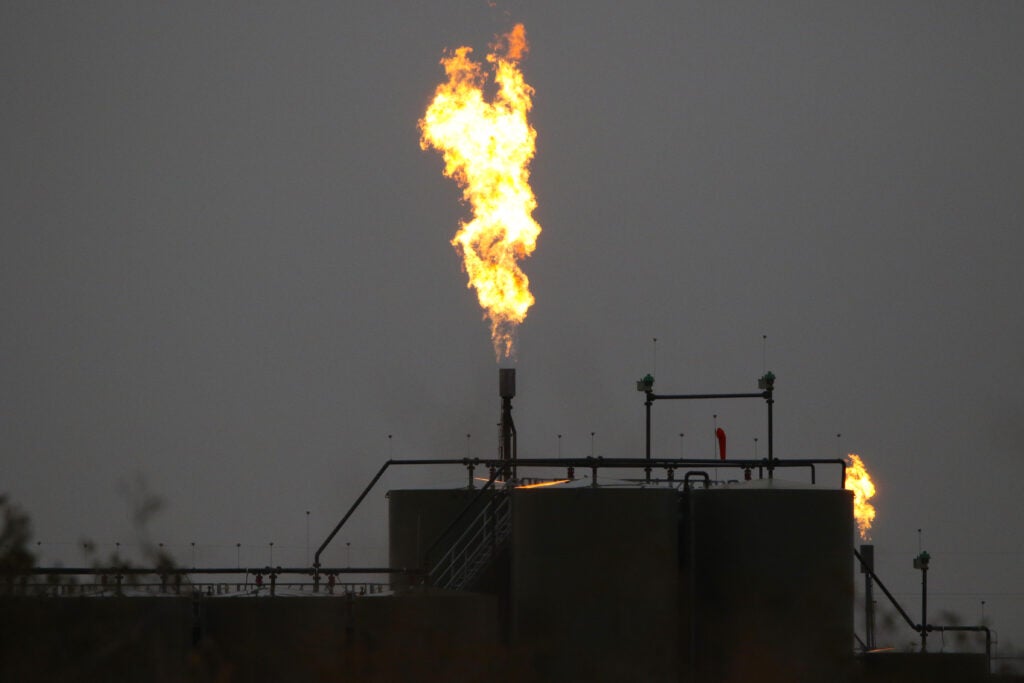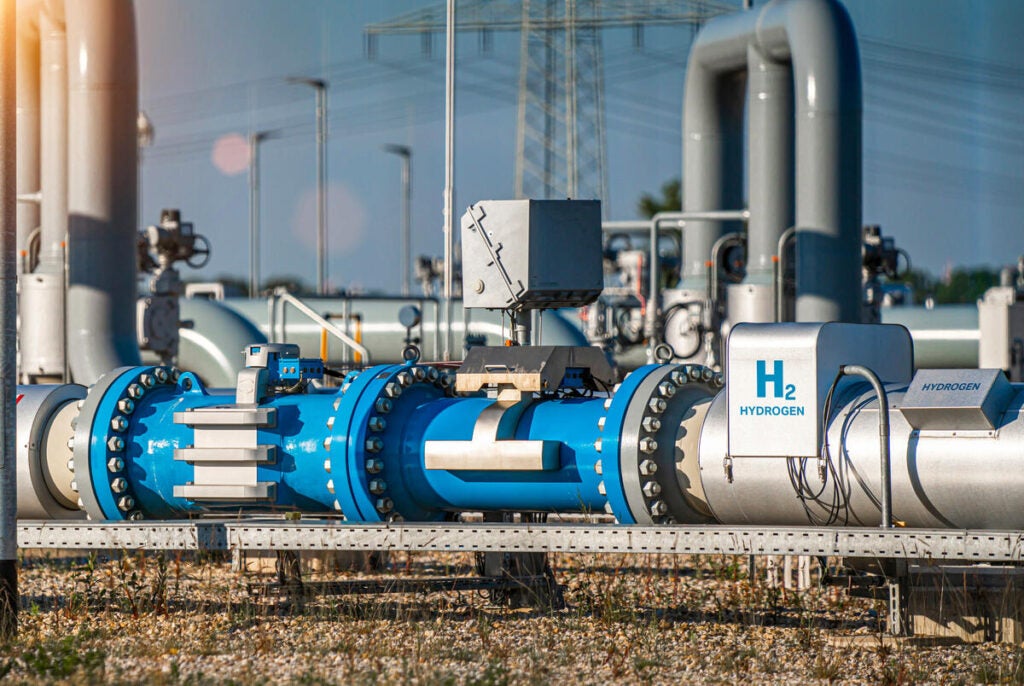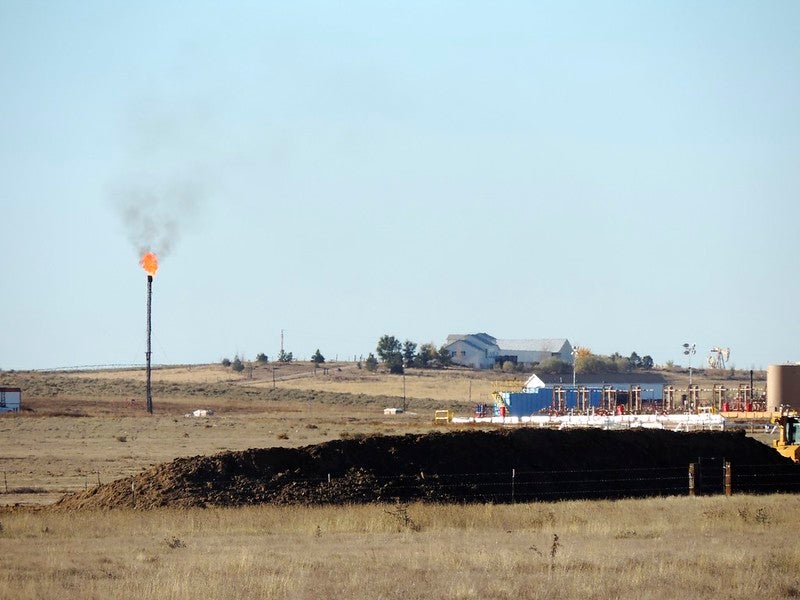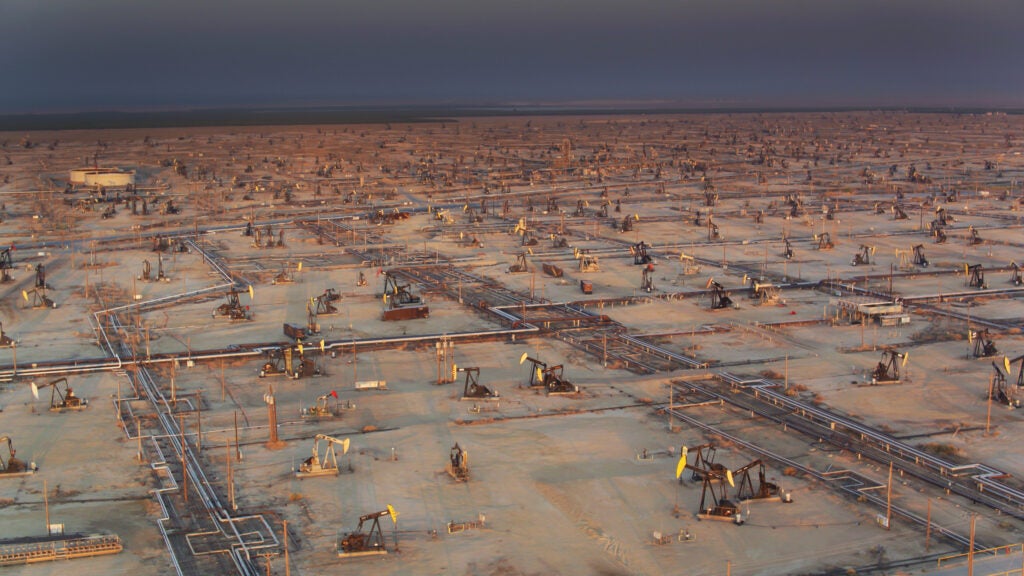 The need to transition to zero-emission medium and heavy-duty vehicles is urgent. Today, most of these vehicles run on diesel, which has massive consequences for human health. Thankfully, fleets have been embracing this challenge. In 2024, fleets again added a record number of EVs into their operations.
The need to transition to zero-emission medium and heavy-duty vehicles is urgent. Today, most of these vehicles run on diesel, which has massive consequences for human health. Thankfully, fleets have been embracing this challenge. In 2024, fleets again added a record number of EVs into their operations.
As we look towards 2025 and beyond, there is more funding available than ever before to help fleets make the transition to medium- and heavy-duty electric vehicles. These astounding investments are key to unlocking progress in the sector. Much of this funding is thanks to the Infrastructure Investment and Jobs Act and the Inflation Reduction Act. These laws, focused on modernizing America’s infrastructure while addressing local air pollution, climate change and promoting clean energy, have allocated billions of dollars for electric vehicle infrastructure.














